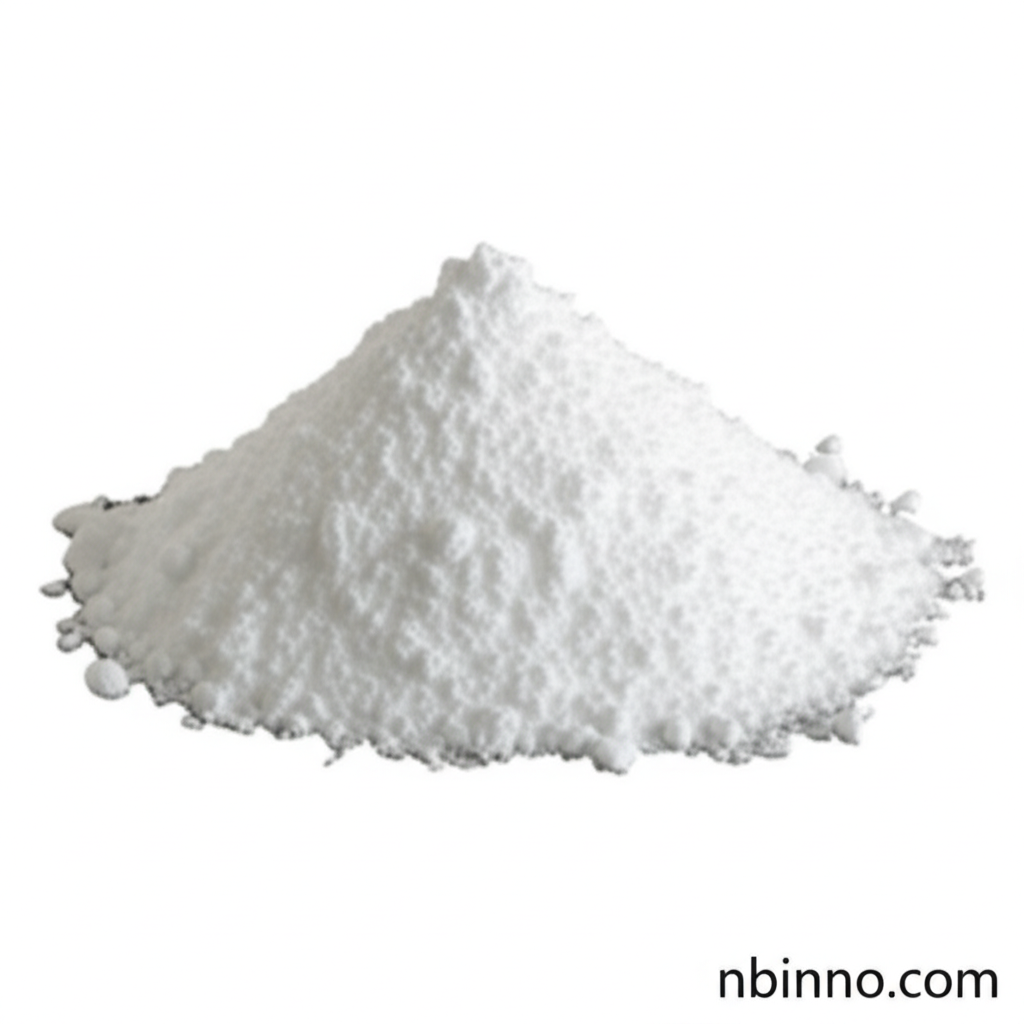Erlotinib Hydrochloride CAS 183319-69-9: Enhanced Bioavailability and Anticancer Efficacy
Discover the potential of amorphous solid dispersions for improved cancer treatment efficacy with Erlotinib Hydrochloride.
Get a Quote & SampleProduct Core Value

Erlotinib Hydrochloride
Erlotinib Hydrochloride is a potent tyrosine kinase inhibitor crucial in treating various cancers, particularly lung and pancreatic cancers. Its therapeutic efficacy is often limited by low aqueous solubility, leading to poor bioavailability. This article explores advanced formulations, specifically amorphous solid dispersions (ASDs), utilizing biocompatible polymers like PVP and PEG to overcome these limitations.
- Leveraging erlotinib hydrochloride solubility improvement strategies, ASDs significantly boost drug dissolution.
- The erlotinib hydrochloride bioavailability enhancement through these formulations is a key advancement in cancer therapy.
- Investigating erlotinib hydrochloride anticancer efficacy, the study showcases improved performance compared to conventional forms.
- Exploring erlotinib hydrochloride polymer formulation, the research highlights the role of PVP and PEG in stabilizing amorphous states.
Advantages of Erlotinib Hydrochloride ASDs
Enhanced Solubility & Dissolution
Amorphous solid dispersions of Erlotinib Hydrochloride demonstrate a marked increase in solubility and dissolution rates, crucial for improving oral absorption and therapeutic outcomes.
Improved Antitumor Activity
Studies show that formulations like ERL + PEG significantly reduce tumor volumes and exhibit superior antitumor efficacy compared to the pure drug, as evidenced by erlotinib hydrochloride anticancer efficacy research.
Reduced Recrystallization Tendency
The use of polymers in ASDs helps stabilize the amorphous state of Erlotinib Hydrochloride, preventing recrystallization and maintaining drug efficacy over time.
Key Applications
Non-Small Cell Lung Cancer (NSCLC) Treatment
Erlotinib Hydrochloride is a targeted therapy used for treating NSCLC, particularly in patients with specific EGFR mutations.
Pancreatic Cancer Therapy
The drug is also employed in combination therapy for advanced pancreatic cancer, demonstrating its versatility in oncology.
Drug Delivery Research
The development of erlotinib hydrochloride amorphous solid dispersion formulations contributes to advancements in drug delivery systems for poorly soluble drugs.
Oncology Drug Development
Research into formulations that improve erlotinib hydrochloride bioavailability enhancement supports the ongoing development of more effective cancer treatments.
